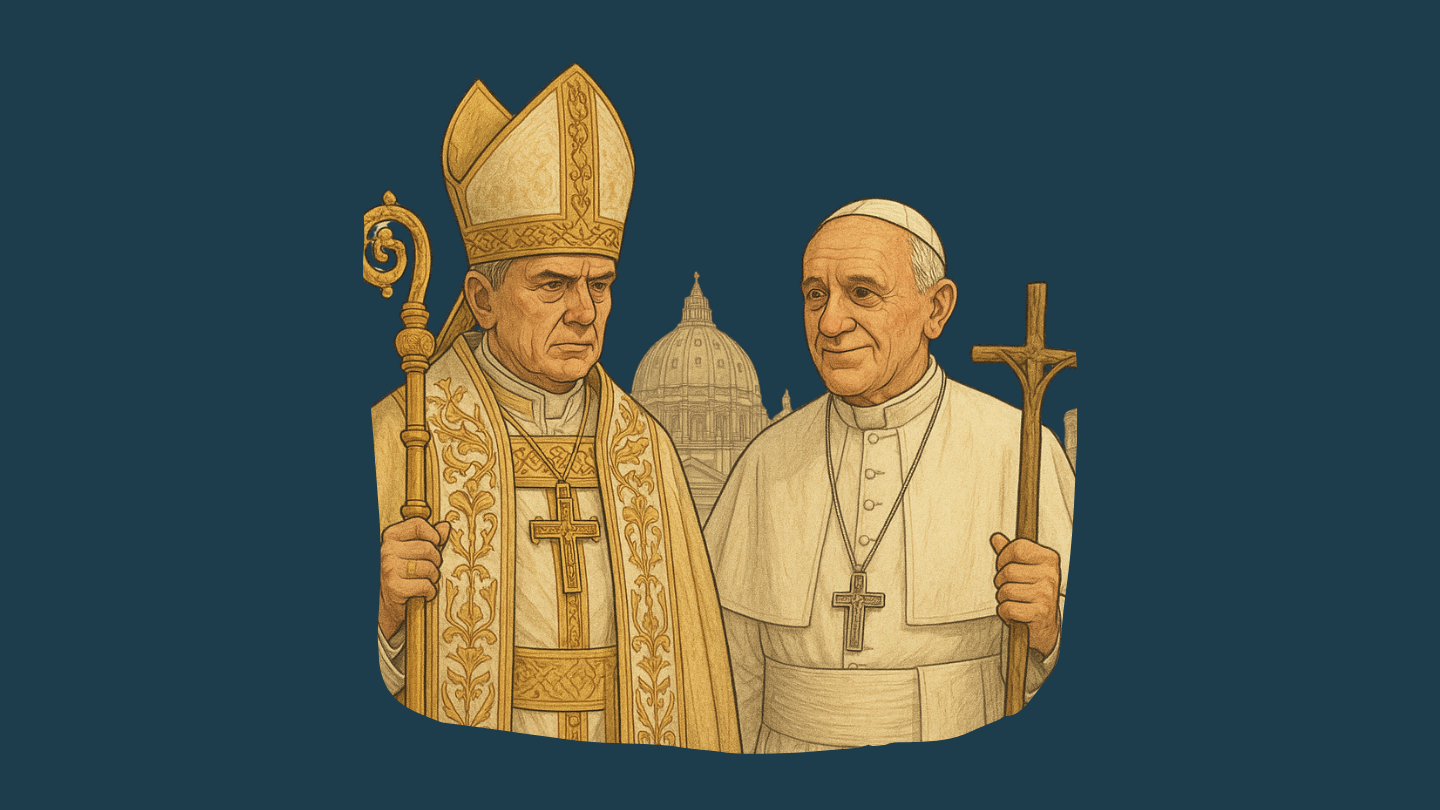dynasty
pl. dynasties
Commonality score: 3 (Rare)
Translations
Arabic: سلالة حاكمة (sulālah ḥākimah)
Chinese (Mandarin): 朝代 (cháodài)
French: dynastie
German: Dynastie
Hindi: राजवंश (Rājvansh)
Japanese: 王朝 (おうちょう, ōchō)
Korean: 왕조 (wangjo)
Polish: dynastia
Portuguese: dinastia
Russian: династия (dinastiya)
Spanish: dinastía
Thai: ราชวงศ์ (ratchawong)
Turkish: hanedan
Vietnamese: triều đại
Empty space, drag to resize
Whilst every care has been taken to ensure accuracy, translations could be misleading. Check with your teacher if you are unsure.
Don't see your language? Try Google Translate
Don't see your language? Try Google Translate
Noun type
Compound Noun (Concrete): "Dynasty" is a concrete noun when referring to a specific ruling family or line of hereditary rulers, as these are real people and institutions (e.g., "The Qing Dynasty ruled China for centuries.").
Compound Noun (Abstract): "State" is an abstract noun when referring to the broader concept of inherited power, influence, or a historical period (e.g., "The dynasty of great leaders shaped the nation's future.").
Definition/s
- A powerful family or group of rulers who maintain power over multiple generations.
- A period during which a particular family or group holds power.
- A succession of influential leaders or figures in a field (used metaphorically).
Examples
- The Ottoman Dynasty controlled a vast empire for over 600 years.
- Historians study the rise and fall of dynasties to understand political and social changes.
- The company's leadership has been passed down through three generations, making it a corporate dynasty.
What are Openers?

- Openers are conversation starters you will use to participate in a discussion. They come in three forms:
1. Open Questions
- Ask an open question and understand your conversation partners’s views.
- Make sure to ask follow ups, and remember: this is a conversation, not an interview!
2. Stories
- Tell a personal story. Something that has happened to you, or somebody you know.
- Or tell us about something that you have done or seen.
- Your conversation partners must then follow up with you or reciprocate with their own stories.
3. Opinions
- Share an opinion about something that the content has inspired.
- Respectfully identify any agreement or disagreement there is in the room.
What are Openers?

- Openers are conversation starters you will use to participate in a discussion. They come in three forms:
1. Open Questions
- Ask an open question and understand your conversation partners’s views.
- Make sure to ask follow ups, and remember: this is a conversation, not an interview!
2. Stories
- Tell a personal story. Something that has happened to you, or somebody you know.
- Or tell us about something that you have done or seen.
- Your conversation partners must then follow up with you or reciprocate with their own stories.
3. Opinions
- Share an opinion about something that the content has inspired.
- Respectfully identify any agreement or disagreement there is in the room.
The Skinny
You’ve been asked to brief a senior executive (the “boss”) on a key issue from a recent business news event. This person is busy and relies on you to give them insight, not headlines.
You have 60–90 seconds to deliver a concise, high-value update tailored to their concerns and communication preferences.
1. Read the boss profile carefully.
- Who are they?
- What do they care about?
- What do they not want to hear?
2. Stick to their focus.
- What part of the story matters most to them?
- Don’t explain everything—prioritise.
3. Use business English.
- Be clear, precise, and professional.
- Avoid informal or emotional language.
Two Papal Styles: Clerical vs. Pastoral

Not all popes lead the same way. Some focus more on rules and tradition, while others focus on care and connection. These two styles are often called clerical and pastoral.
Understanding the difference can help us see why Pope Francis felt so different from past leaders—and why some people loved his style while others disagreed with it.
Understanding the difference can help us see why Pope Francis felt so different from past leaders—and why some people loved his style while others disagreed with it.
🟣 Clerical Style
- Focuses on rules, tradition, and Church authority
- Speaks with clear, firm direction
- Keeps strong boundaries between Church leaders and members.
Example: A clerical pope might defend strict Church teachings on family or sacraments.
🟢 Pastoral Style
- Focuses on compassion, listening, and inclusion
- Tries to meet people where they are.
- Emphasises mercy over judgment.
Example: A pastoral pope might welcome divorced people or support migrants and the poor.

